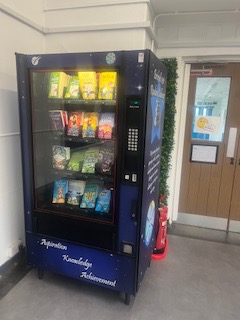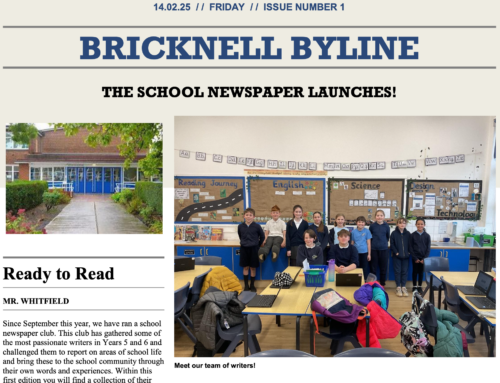Promoting reading across the school
Supporting reading across the school is essential for fostering a lifelong love of learning and ensuring that all pupils develop strong literacy skills. Schools strive to create a reading-rich environment where children are surrounded by books, stories, and language in a way that sparks curiosity and enthusiasm.
This means not only ensuring access to a diverse range of texts—covering different genres, cultures, and reading abilities—but also embedding reading into daily routines. Teachers provide regular opportunities for both guided and independent reading, helping children to develop fluency, comprehension, and critical thinking skills. Storytime, book clubs, and interactive storytelling sessions further enhance engagement, while dedicated reading areas in classrooms and libraries encourage pupils to explore books independently.
Parental involvement plays a crucial role in supporting this reading culture. Schools often share recommended reading lists, run parent workshops, and provide guidance on reading at home to help families create positive reading habits. Whether through shared bedtime stories, visits to the library, or simply discussing books together, parents can reinforce the joy of reading beyond the classroom. By working together, schools and families can ensure that every child gains the confidence, imagination, and language skills they need to succeed.
‘I am delighted with how happy she is at school. Her skills are clearly progressing and she is extremely well supported. Her teacher clearly knows her very well.’
‘Positive environment and appropriate challenge for development, excellent.’
‘My son is extremely happy in all aspects of school. Fantastic teacher and an excellent education. ‘
‘She is enjoying school a lot. She is challenged appropriately and not over-loaded with homework. She speaks positively about her time at the school and her teacher.’
‘Thank you for helping us with her worries and for the support.’
‘Thank you so much to all of the members of staff; our child is extremely happy here and we are very grateful.’
‘We are very happy with Bricknell as a whole. He is becoming more confident and is well supported. Thank you to all of the teachers.’
‘We couldn’t be happier with the care and education my child has received so far.’
‘She is very happy at school and I only hear positive things. Many thanks to all the teaching staff.’
‘Very happy with my child’s start to year 5.’
‘I cannot fault the school or staff. Everyone is very supportive.’
‘Any concerns raised have been dealt with swiftly.’

















